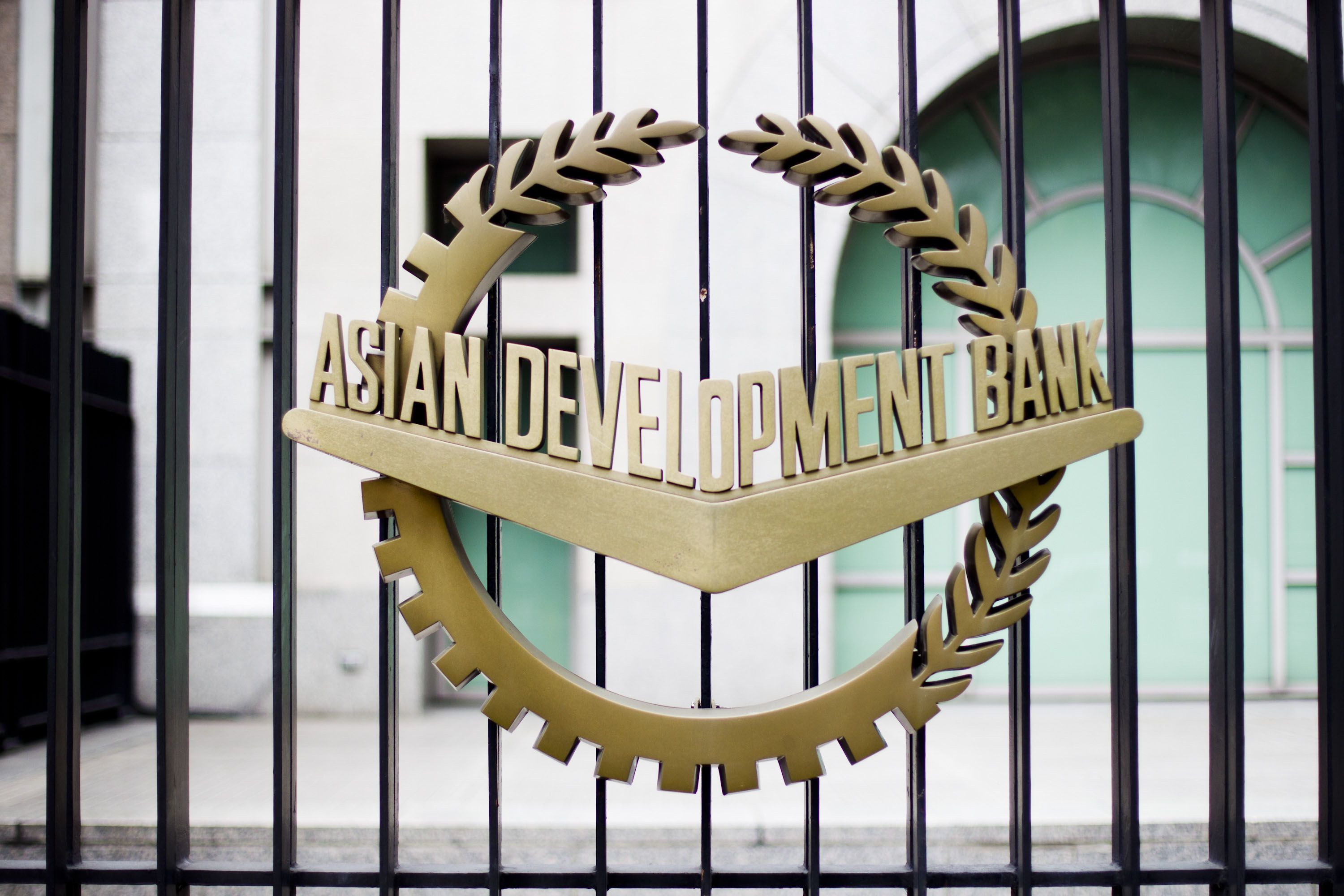
The Philippines remains vulnerable to “economic setbacks” due to slow vaccination and rising inflation, according to the Manila-based Asian Development Bank (ADB).
In its latest Asia Bond Monitor, ADB expressed concern that these could lead to a weak labor market and slow consumer spending. It can be noted that the Philippine economy remains a consumption-driven one.
Based on the report, local currency (LCY) government bonds in the Philippines increased for all tenors between August 31 and October 15, except for 1-year bonds.
“The increase in yields may have also been due to some uncertainty in the domestic economic recovery, resulting in investors requiring a premium for the associated risks. For example, persistently high inflation might temper the recovery by discouraging consumer spending on the back of a weak labor market,” ADB said.
“In addition, while its vaccination rate is improving, the Philippines remained among the lowest in the region in terms of the percentage of the population vaccinated, making it vulnerable to economic setbacks,” it added.
Given the inflation concerns, ADB said central banks in the region might need to be less accommodative in the coming months in order to keep inflation in check.
“The encouraging macroeconomic outlook and accommodative policy stances are supporting the region’s financial conditions,” said ADB Acting Chief Economist Joseph Zveglich Jr.
“However, central banks in the region may find they need to be less accommodative to keep inflation in check and to keep in step with US monetary policy changes. That said, the chance of another ‘taper tantrum’ is limited as the direction of the Federal Reserve’s stance is clearly communicated and the region’s economic fundamentals remain strong,” he explained.
In the Philippines, ADB said yields on the shorter end of the curve (1-month to 6-month tenors) climbed 4 basis points (bps) on average, while those at the longer end of the curve (20-year and 25-year tenors) increased an average of 5 bps.
ADB said much larger increases were seen for the yields of bonds with 2-year to 10-year maturities, which rose by 64 bps on average. The largest was for 10-year bonds with an 84-bps increase.
In contrast, the report stated that the yield fell 2 bps for 1-year bonds. The yield spread between the 2-year and 10-year tenors widened during the review period from 215 bps to 269 bps.
In the region, emerging East Asia’s bond market grew 3.4 percent in the third quarter to $21.7 trillion, although rising global inflation and a shift in the US monetary stance weakened regional financial conditions.
ADB said bond yields rose, currencies weakened, and risk premiums edged up amid increased global inflation and the US Federal Reserve’s announcement that it would limit bond purchases starting in November.
Government bonds remained the dominant segment, increasing 3.9 percent from the previous quarter to $13.6 trillion. The bond markets of Asean members—many of which suffered from the Covid-19 Delta variant outbreak—grew 14.4 percent from a year earlier to $1.9 trillion in the third quarter, compared with 12.6 percent and 7.6 percent growth in the Peoples Republic of China and Republic of Korea, respectively.

